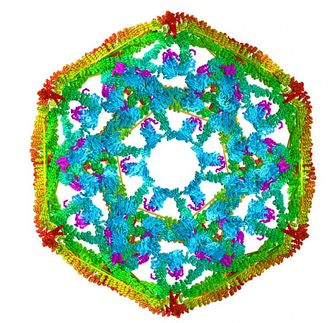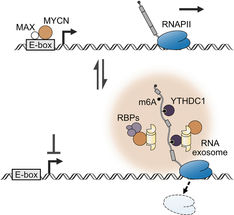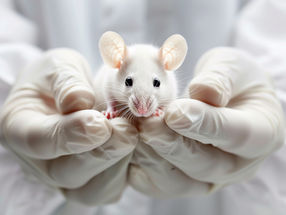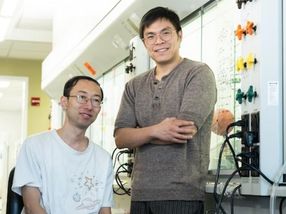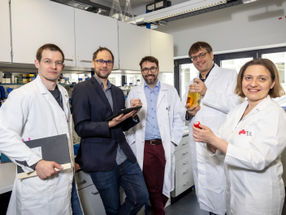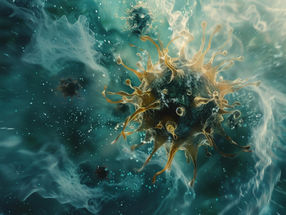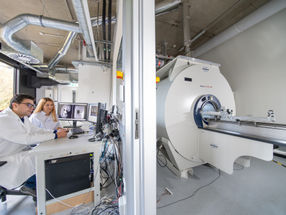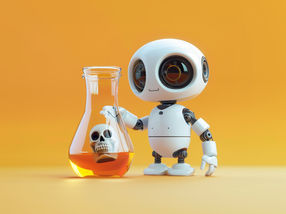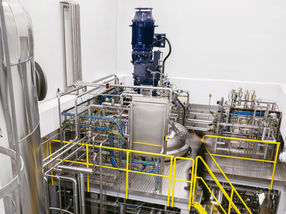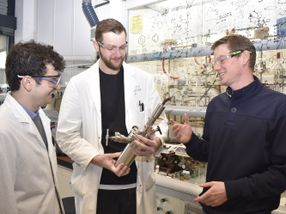Scientists develop ENDEAVOUR a computer program for identifying disease genes
Genes are the underlying cause of a large number of disorders. But identifying and studying these genes more closely is a major challenge for biotechnologists worldwide. Researchers from ESAT-SCD (Engineering Sciences) and the Flanders Interuniversity Institute for biotechnology (VIB) connected to the Catholic University of Leuven have now developed ENDEAVOUR: a computer program that compiles and processes data from a variety of databases and identifies the genes that play a key role in the origin of a disorder. In testing their program, the researchers have succeeded in identifying a gene that plays a major role in the development of 'DiGeorge syndrome'.
To decipher these genetic data, scientists have developed the computer program ENDEAVOUR. Drawing on various databases, ENDEAVOUR gathers all the data about genes that are known to be connected with a disease or a biological process and integrates these data into a mathematical model. With the aid of this model, scientists study the similarities between the 'known genes' and genes whose biological function is not yet known. ENDEAVOUR then indicates whether these genes might possibly underlie a certain disorder.
ENDEAVOUR has been fine-tuned and tested in the laboratory. The researchers took the data for a number of known genes from the mathematical model and then entered the genes as 'unknown' into ENDEAVOUR. For the majority of the syndromes tested (such as Alzheimer's disease, leukemia, colon cancer, and Parkinson's disease), ENDEAVOUR found the underlying genes and thus proved its validity.
As an extra validation of the program, the researchers used ENDEAVOUR to look for new disease genes that underlie hereditary disorders. Among other things, they wanted to identify a new gene that can be correlated with DiGeorge syndrome a genetic disorder that affects more than 1 in 4000 newborn children. The infants have deformed features and blood vessel abnormalities in the heart. ENDEAVOUR identified one gene as a possible disease gene: YPEL1.
To confirm this mathematical prediction biologically, the researchers used the zebra fish as model system to replicate the disease. They studied zebra fish that could not produce the zebra fish YPEL1 gene. The embryos of these fish showed several abnormalities that are comparable to the symptoms of DiGeorge syndrome. This study provided the ultimate proof that ENDEAVOUR is a very useful tool for identifying new disease genes.
Most read news
Topics
Organizations
Related link
Other news from the department science

Get the life science industry in your inbox
From now on, don't miss a thing: Our newsletter for biotechnology, pharma and life sciences brings you up to date every Tuesday and Thursday. The latest industry news, product highlights and innovations - compact and easy to understand in your inbox. Researched by us so you don't have to.
